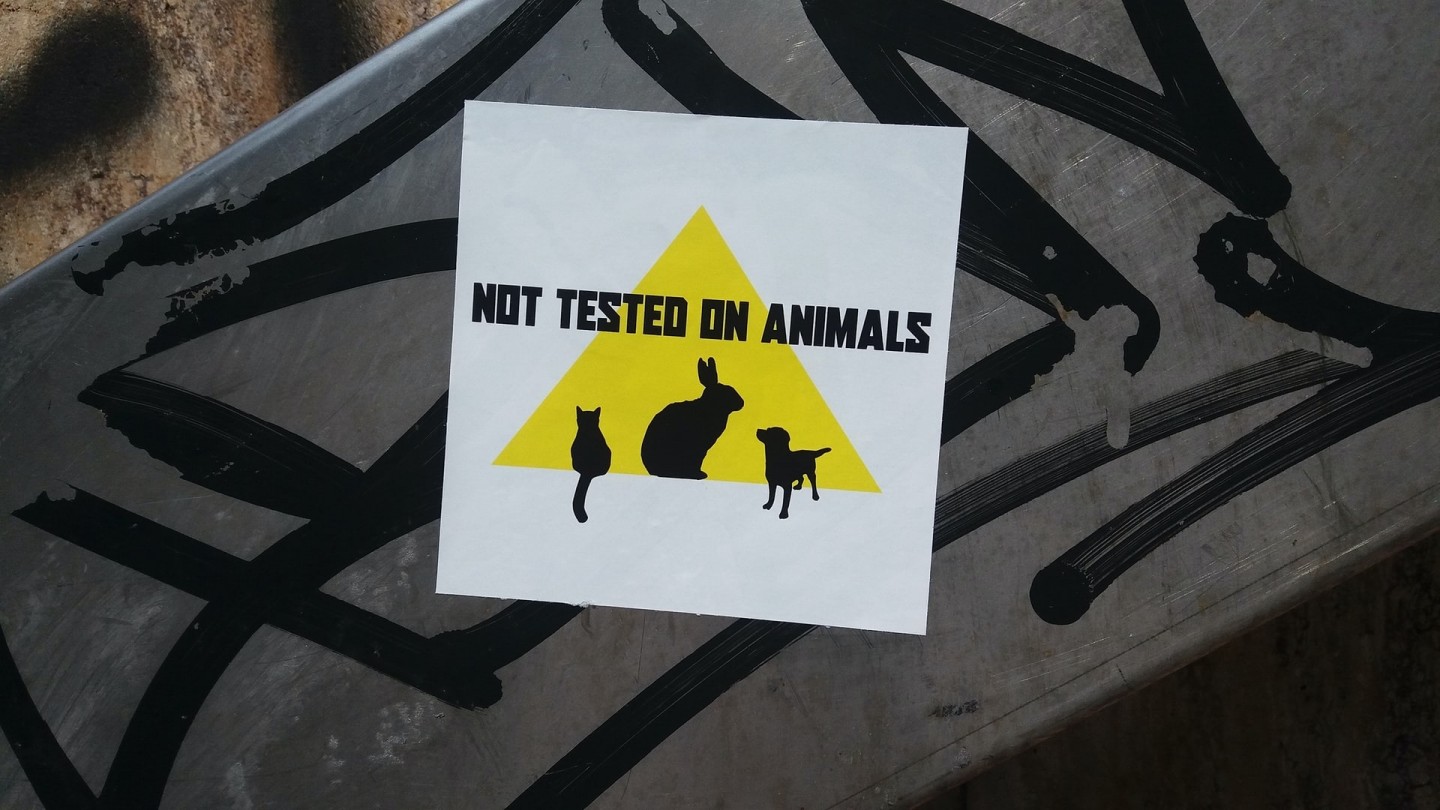Here’s something you might not have picked up about the TikTok generation: Gen Z is the driving force behind a global shift to a more cruelty-free world.
Two-thirds of Gen Zs we surveyed for our Gen Z and Corporate Activism Report said concerns about animal cruelty and welfare impacted their spending.
And they’re putting their money where their mouth is.
“Ethical shopping influences my spending, particularly cruelty free and waste free. I shop by only buying local cruelty free produce at markets and cruelty free cosmetics,” a 21-year-old female from Queensland said.
Similar story with a 19-year-old female from Western Australia.
“I have adjusted my beauty and skin care products so that I only buy certified vegan and animal cruelty free items and also ensure that they are made of natural ingredients where possible,” she said.
“I don’t buy any meats and the animal products I do buy I ensure are sustainably produced.”
But for Gen Z, animal welfare concerns extend further than being mindful about cosmetic product testing.
With more than 3.6 billion animals killed for food so far this year in Australia, Gen Zs say they’re also seriously worried about live export, cage egg or factory farms and slaughterhouse cruelty.
And they’re even insisting their parents make more ethical purchases.
“Animal cruelty is a big issue in my eyes. I always make sure my parents buy free range eggs and RSPCA approved meat,” a 17-year-old female from Western Australia said.
“If I do have to eat another animal, I want to ensure it had a good life and was treated decently and had a cruelty free childhood and pain free death.”
So how can businesses step up?
First, commit to being better.
And then communicate their values.
“Knowing that products are sourced in a manner that does not involve avoidable harm to animals and the environment can influence me to spend a few extra bucks knowing I’m supporting businesses that source products ethically,” a 19-year-old male from Victoria said.






